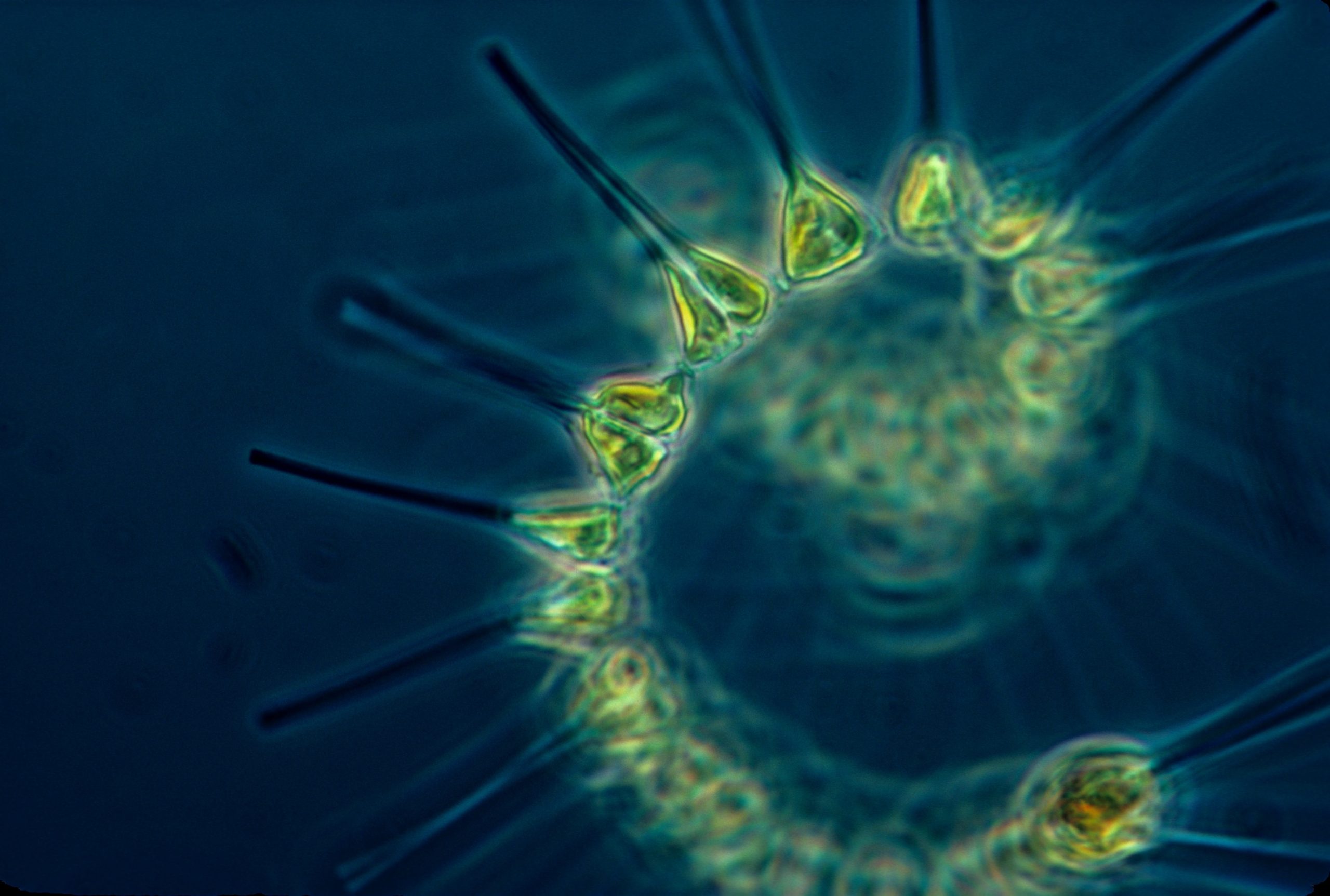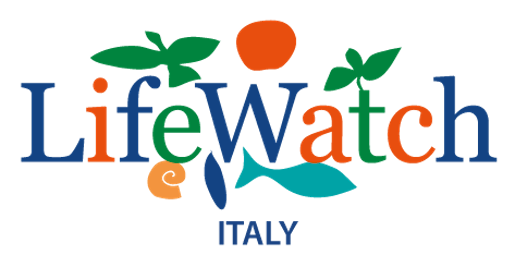
The University of Salento has published a call for application for a research grant entitled “Harmonization and analysis of data on morpho-functional traits and on the organization of phytoplankton corporations” within Lifewatch Italia and PON Lifewatchplus and CIR01_0028 (Scientific Manager Prof. Alberto Basset).
The principal investigator is Prof. Alberto Basset. Applications close 06/06/2022.
Minimum admission requirements:
1) Master’s degree or equivalent (art. 3, paragraph 1, letter b, DM 03/11/2009, n. 509; Art. 3, paragraph 1, letter b, DM 22/10/2004, n. 270) in biology, physics, chemical sciences, natural sciences, forestry or environmental sciences, geological sciences and technologies, sciences and technologies for the environment and the territory, mathematics, statistical sciences.
The Selection Committee, for the sole purpose of selection for which it was established, recognizes the equivalence of the qualification (degree and / or PhD) obtained abroad.
Criteria of evaluation:
1. Proven knowledge of ecological theory at the community and ecosystem level;
2. Experience of research on topics related to those of the call;
3. Knowledge of open access digital archives for research products (publications, data, software, etc.) and knowledge of the Open Science paradigm (https://ec.europa.eu/research/openscience/index.cfm) and the FAIR principles (https://www.gofair.org/fair-principles/), with particular reference to those consistent with the specific theme of the research in question;
4. Knowledge of the procedures for the harmonization of data and metadata, as well as the principles and validation technologies to check and / or declare compliance of harmonized data and metadata with respect to applicable specifications;
5. Knowledge of the main techniques of statistical analysis and modeling;
6. Knowledge of written and spoken English.
The following skills will also be evaluated:
a) knowledge / specialist skills acquired and relevant to the achievement of the objectives that the Research Infrastructure intends to achieve
b) relevance of the activity carried out in the last 2 years with the priority areas identified within the National Strategy of Intelligent Specialization (SNSI) and the ministerial planning for research in the period 2014-2020;
c) previous collaborations with public and private scientific institutions.

